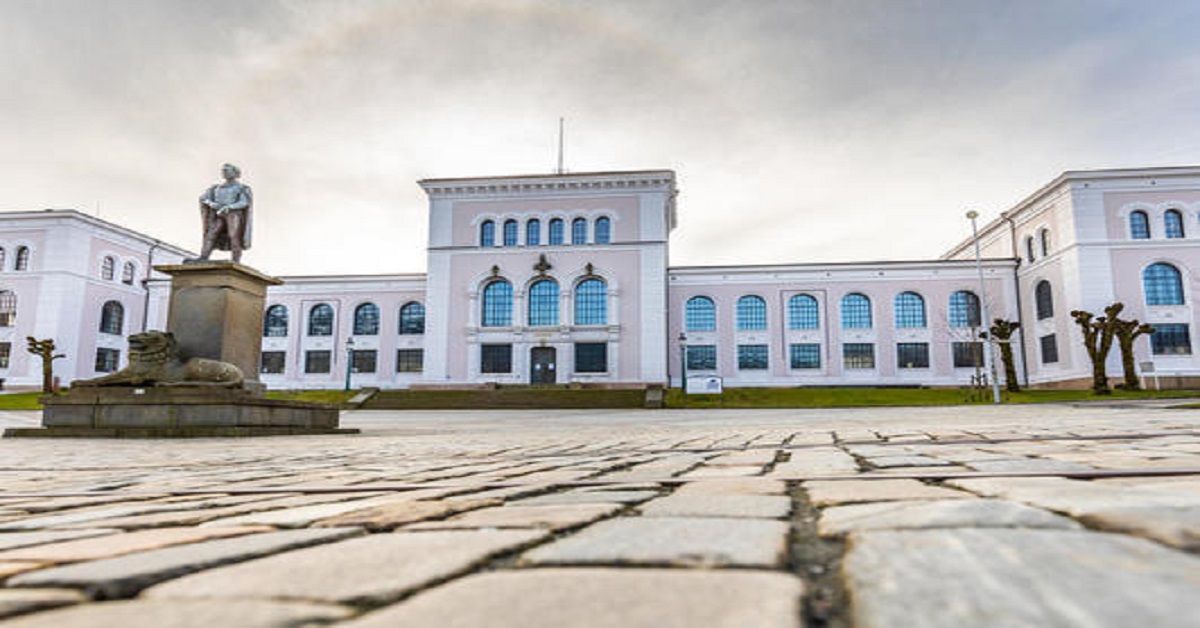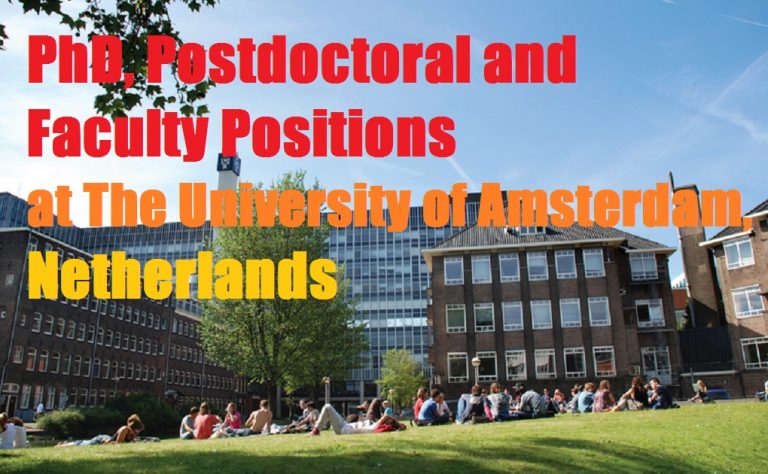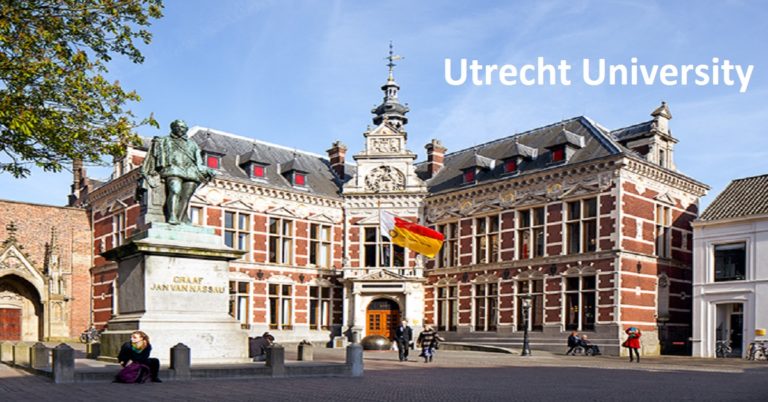
At the Department of Physics and Technology there is a vacancy for a postdoctoral research fellow position within experimental particle physics. The position is for a fixed term of 3 years and is associated with the department’s ATLAS group and is funded by the Norwegian Center for CERN related research (NorCC).
The successful candidate will work within the ATLAS experiment, as a member of the Bergen group. We have obligations within the ITk, which is the new tracker of ATLAS, planned to replace the current Atlas Inner Detector, and installed during the next long shutdown of the LHC. The postdoctoral fellow is expected to take part in the work leading to the delivery of the ITk. Norway will deliver Silicon Pixel modules for the innermost parts of the ITk. These modules are designed to withstand extremely high radiation doses. Bergen is responsible for the testing and quality assurance of sensors as well sensor modules to be delivered to the ITk. The work will be conducted in close collaboration with the University of Oslo, where module assembly takes place, and is coordinated with the relevant research groups in the ITk.
In addition, the person filling the position may take part in physics analysis activities within ATLAS, preferentially studies that include one or several tau-leptons in the final state. This could include studies using Run 3 data, or studies of the physics potential of ATLAS for such final states at the high luminosity LHC. Possible physics channels include, but are not limited to, Higgs particle decays to two tau-leptons, and searches for SUSY with taus in the final state.
Trips to CERN or other collaborating ATLAS institutions will probably be necessary.
Qualifications and personal qualities
- Applicants must hold a Norwegian PhD or an equivalent degree within high energy physics or must have submitted his/her doctoral thesis for assessment prior to the application deadline. It is a condition of employment that the PhD has been awarded.
- Experience from a modern high energy experiment is a requirement.
- Experience with the development, use and testing of modern electronic equipment for particle physics is a clear advantage.
- Experience with physics analysis within high energy physics is an advantage.
- Applicants must be able to work independently and in a structured manner and be able to collaborate with others.
- Applicants must have excellent skills in oral and written English.
- A good command of the Norwegian language is an advantage.
Personal and relational qualities will be emphasized. Research experience, ambitions and potential will also count when evaluating the candidates.
About the position of postdoctoral research fellow
The postdoctoral position is a fixed term position with the primary objective of qualifying the appointee for work in top academic positions. If the appointee lacks teaching experience, or other relevant qualifications, the employment period may be increased to 3 years and 6 months. Teaching and other duties will in such cases be added to the position. The position may be extended by up to one year (maximum 4 years in total) if the appointee is granted externally financed research stays abroad.
Individuals may not be hired for more than one fixed-term period as a postdoctoral research fellow at the same institution. For postdoctoral research fellow positions associated with externally financed projects, the completion of the project proposal for the qualifying work, as well as a progress plan, will be developed in cooperation with the supervisor and head of department. It is a requirement that the project is completed in the course of the period of employment.
We can offer
- A good and professionally stimulating working environment
- salary at pay grade 61 (code 1352 / pay range 24, alternative 5) according to the state salary scale upon appointment. This constitutes a gross annual salary of NOK 553 500. Further promotions are made according to length of service. For particularly highly qualified applicants, a higher salary may be considered.
- Enrolment in the Norwegian Public Service Pension Fund
- Good welfare benefits
Your application must include
- A brief account of your research interests and motivation for applying for the position.
- The names and contact information for two referees. One of these should be the main advisor from the PhD programme.
- CV
- Transcripts and diplomas. If you have not yet completed your PhD degree, please submit a statement from your institution confirming that the thesis has been submitted.
- Relevant certificates/references
- List of relevant works of scientific nature (publication list), and a description of your main contributions.
The application and appendices with certified translations into English or a Scandinavian language must be uploaded at Jobbnorge
General information
For further details about the position, please contact: Prof. Bjarne Stugu (Bjarne.Stugu@uib.no) or Prof. Anna Lipniacka (Anna.Lipniacka@uib.no)
The University of Bergen is subjected to the regulation for export control system. The regulation can be applied in the processing of the applications.
The state labour force shall reflect the diversity of Norwegian society to the greatest extent possible. Age and gender balance among employees is therefore a goal. People with immigrant backgrounds and people with disabilities are encouraged to apply for the position.
We encourage women to apply. If multiple applicants have approximately equivalent qualifications, the rules pertaining to moderate gender quotas shall apply.
Upon the expiry of the closing date for applications, an evaluation committee will be appointed. As an applicant, you have a right of access to the committee’s description of your formal and professional qualifications. If you wish to take advantage of this right of access, please contact the executive officer in charge after receiving information about the appointment of the evaluation committee.
The University of Bergen applies the principle of public access to information when recruiting staff for academic positions.
Information about applicants may be made public even if the applicant has asked not to be named on the list of persons who have applied. The applicant must be notified if the request to be omitted is not met.
Further information about our employment process can be found here.
About The University of Bergen (UiB)
The University of Bergen is a renowned educational and research institution, organised into seven faculties and approximately 54 institutes and academic centres. Campus is located in the centre of Bergen with university areas at Nygårdshøyden, Haukeland, Marineholmen, Møllendalsveien and Årstad.
There are seven departments and several centres at Faculty of Mathematics and Natural Sciences. Read more about the faculty and departments.


